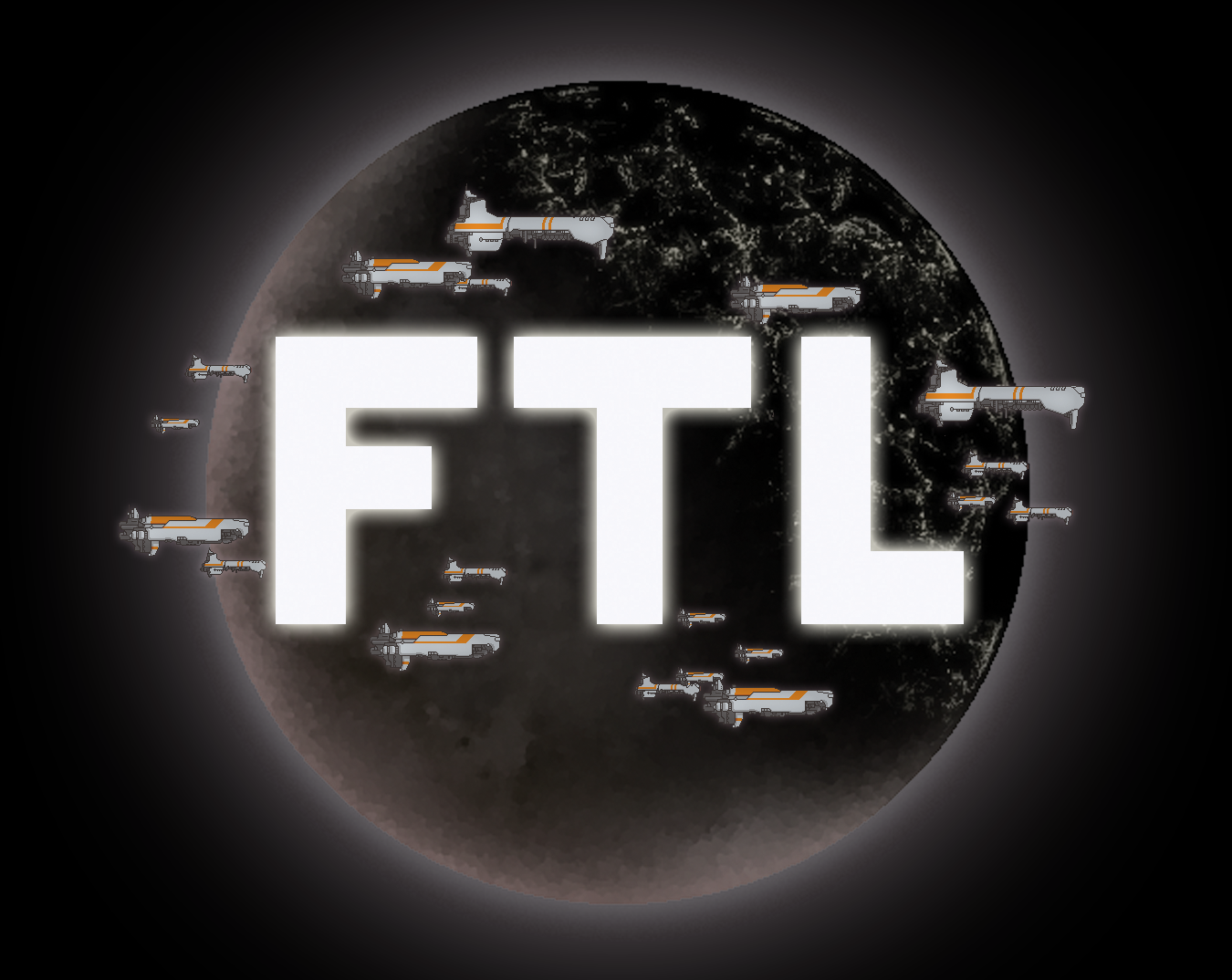Zelda Twilight Princess is an Action/Adventure game where players take the role of Link as he travels throughout the land of Hyrule where players explore ancient temples, battle ferocious monsters and meet great challenges. Link is aided by the magical being Midna, a member of the Twili tribe, and together you will quest to save the land and princess Zelda from the evil Ganondorf.
Zelda: Twilight Princess was released on November 19th 2006 in North America for the Wii and GameCube consoles. Although the GameCube version played like its predecessors where the player actions of the game were input via button push and joystic wiggling. The Wii version took advantage of the motion control capabilities of the console allow the player to input many of the actions of the game in similar if not exact movements of real life. So if the player swings the Wiimote as if to swing a sword then Link will swing his sword in game.
Feedback within the game include:
Receiving damage
Dealing damage
Swinging sword in various directions
Blocking with shield
aiming with bow
charging arrow shot
firing bow
arrow hitting something
solving a puzzle
receiving treasure from a chest
Overall, The feedback allows the player to use a range of movements to input the various commands of the game. This can put some physical strain on the player making hte ultimate goal of defeating Ganondorf that much more daunting.
Zelda: Twilight Princess, through its various controls and mechanics requires skills such as:
hand eye coordination
Resource management
Problem Solving
spacial awareness
memorization
FTL: Faster Than Light
FTL is a rogue style game where the you take control of a spaceship crew on a courier mission to deliver vital information regarding hte Rebel Army to the Federation Government. The Rebel Army, desperate to get this information back is constantly hunting you as you traverse through several systems on your way to Federation space. Along the way you will encounter different situations that will force you to make decisions that will drastically change how your journey unfolds.
Faster Than Light was released on Friday 14th, 2012 for the PC and uses the main control apparatus for PCs, the mouse and keyboard. This allows the game to use the common control mechanics that most games use.
Feedback within the game includes:
Intruder warnings
Fire warnings
Equipment condition
indication
Crew health
Crew skills
Power levels
Power distribution
Quest indicator on map screen
Amount of salvage owned
Amount of missiles/drone parts owned
Ship health
Damage taken from different weapons (damage taken from
missiles has different animation and sound than damage from lazer)
Enemy crew health
Enemy ship health
Damage done to enemy ship with various weapons
Hows does the feedback
This feedback mostly provides some sort of information either about the crew, the ship or on any external elements such as enemy ships, merchants, or environmental hazards. This gives the player an accurate indication of information so that the player can react accordingly to the events happening in the game. Though the game is designed is such a way that no decision gives the player an overall advantage in the game.
FTL through its mechanics and controls requires skills such as:
Adaptability
Problem Solving
Resource Management
Street Fighter 4
StreetFighter 4 is a 2 and a half D fighting game where you and an opponent chooses from a variety of characters and go head to head to defeat one another. Each character posses their own set moves and statistics (though the states are not shown) that make each selection potentially different.
Feedback within the game includes:
Player health
Opponent health
Player wins
Opponent wins
Player moves
Opponent moves
Player takes damage
Player deals damage
Opponent takes damage
Opponent deals damage
Time limit
Power level indicator
Street Fighter 4 through its mechanics and controls requires skills such as:
Quick Reflexes
Memorization
Adaptability
Other types skills that I could employ that people could enjoy in my games are skills such as deception because usually the main character of games are usually do-gooders and having the main character have the ability to lie and cheat could give an interest turn to a game. Though this skill is probably more suited (for now) for board and card games since videogame NPCs are limited by their code and anonymous online players are harder to read but this could change in the future as technology advances to the point where one can express accurate body and movements as well as more complex AI. Another type of skill I would like to see in my games would be storytelling as there are very few videogames, if any, that have the player create a great story as a the main goal. This skill exists for many board and card games because, again, they are not limited by code and thrive on person to person interaction. Videogames are not capable of providing an intuitive interface that would allow a player to fluidly create and tell a story on the fly.
Twilight Princess
http://en.wikipedia.org/wiki/The_Legend_of_Zelda:_Twilight_Princess
http://zelda.wikia.com/wiki/Category:The_Legend_of_Zelda:_Twilight_Princess_characters
http://faqsmedia.ign.com/faqs/image/article/750/750737/twilight.jpg
FTL
http://www.vgreleases.com/pc/ReleaseDate-873186.aspx
http://images3.wikia.nocookie.net/__cb20120618050913/ftl/images/3/33/FTL_Title.png
Street Fighter 4
http://iplaywinner.com/storage/images/StreetFighterIV.jpg?__SQUARESPACE_CACHEVERSION=1252664496241



No comments:
Post a Comment